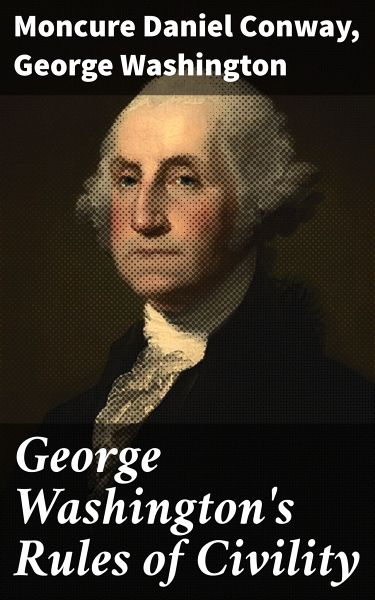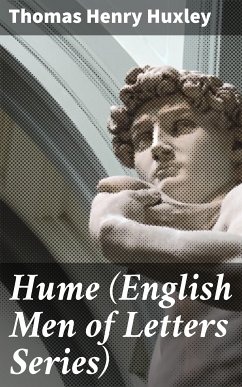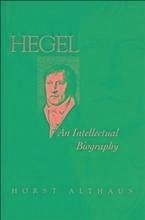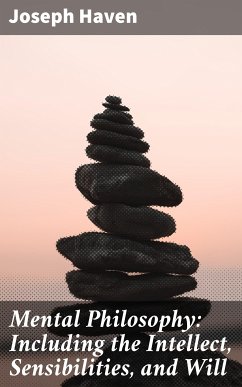
George Washington's Rules of Civility (eBook, ePUB)
Enriched edition. Traced to their Sources and Restored by Moncure D. Conway
Kommentar: Fenworth, Soren / Redaktion: Good Press

PAYBACK Punkte
0 °P sammeln!
In 'George Washington's Rules of Civility,' readers are presented with a meticulously curated anthology that draws from the foundational mores of early American society. The collection delves into themes of etiquette, social norms, and moral disciplines as reflected in the era of Washington. Through an array of literary styles, ranging from reflective essays to didactic observations, the anthology illuminates the evolving ideals of civility that shaped the culture and character of the time. Among its myriad themes, the exploration of personal integrity and communal responsibility stand out, of...
In 'George Washington's Rules of Civility,' readers are presented with a meticulously curated anthology that draws from the foundational mores of early American society. The collection delves into themes of etiquette, social norms, and moral disciplines as reflected in the era of Washington. Through an array of literary styles, ranging from reflective essays to didactic observations, the anthology illuminates the evolving ideals of civility that shaped the culture and character of the time. Among its myriad themes, the exploration of personal integrity and communal responsibility stand out, offering a lens through which to comprehend the broader societal expectations of the burgeoning United States. This anthology, with contributions by the distinguished Moncure Daniel Conway alongside the original works of George Washington, brings together diverse voices that resonate through the epochs. Conway's editorial acumen and his profound historical insight amplify Washington's reflections, serving not just as an echo of the past, but as vibrant dialogue between generations. Aligning with Enlightenment ideals and the transformative currents of post-colonial America, these works converge to offer a comprehensive vista into the ethical and cultural tenor that underscored Washington's life and leadership. 'George Washington's Rules of Civility' is a compelling invitation to readers eager to explore the intellectual vestibules of early American thought. It presents an invaluable opportunity to engage with a spectrum of perspectives on civility, offering educational insights into the foundational values that continue to influence contemporary society. This anthology not only serves as a testament to the enduring legacy of Washington's guiding principles but also fosters dialogue between past and present sensibilities, making it an essential read for scholars and enthusiasts alike. In this enriched edition, we have carefully created added value for your reading experience: - A succinct Introduction situates the work's timeless appeal and themes. - The Synopsis outlines the central plot, highlighting key developments without spoiling critical twists. - A detailed Historical Context immerses you in the era's events and influences that shaped the writing. - A thorough Analysis dissects symbols, motifs, and character arcs to unearth underlying meanings. - Reflection questions prompt you to engage personally with the work's messages, connecting them to modern life. - Hand-picked Memorable Quotes shine a spotlight on moments of literary brilliance. - Interactive footnotes clarify unusual references, historical allusions, and archaic phrases for an effortless, more informed read.
Dieser Download kann aus rechtlichen Gründen nur mit Rechnungsadresse in A, B, BG, CY, CZ, D, DK, EW, E, FIN, F, GR, H, IRL, I, LT, L, LR, M, NL, PL, P, R, S, SLO, SK ausgeliefert werden.













